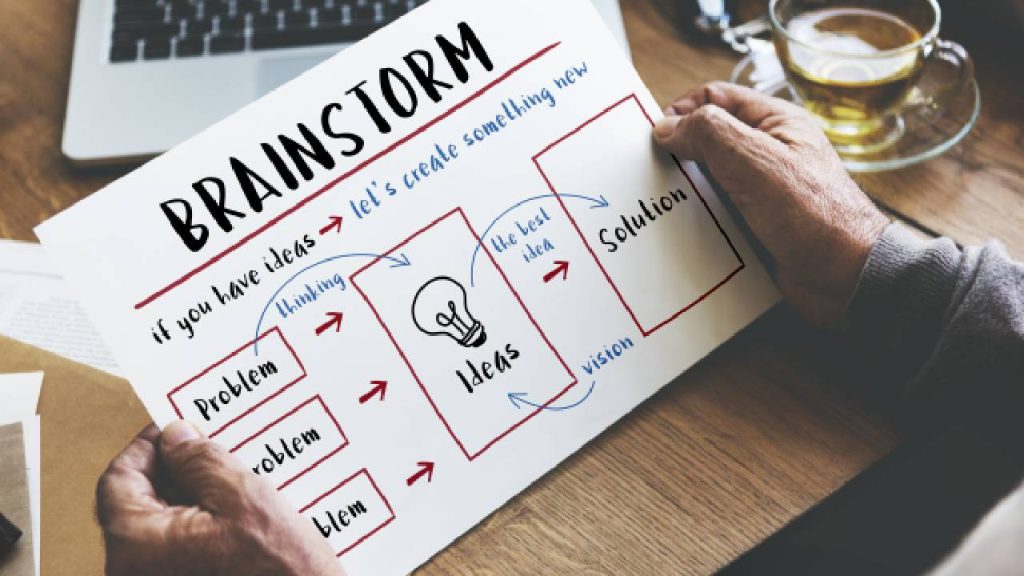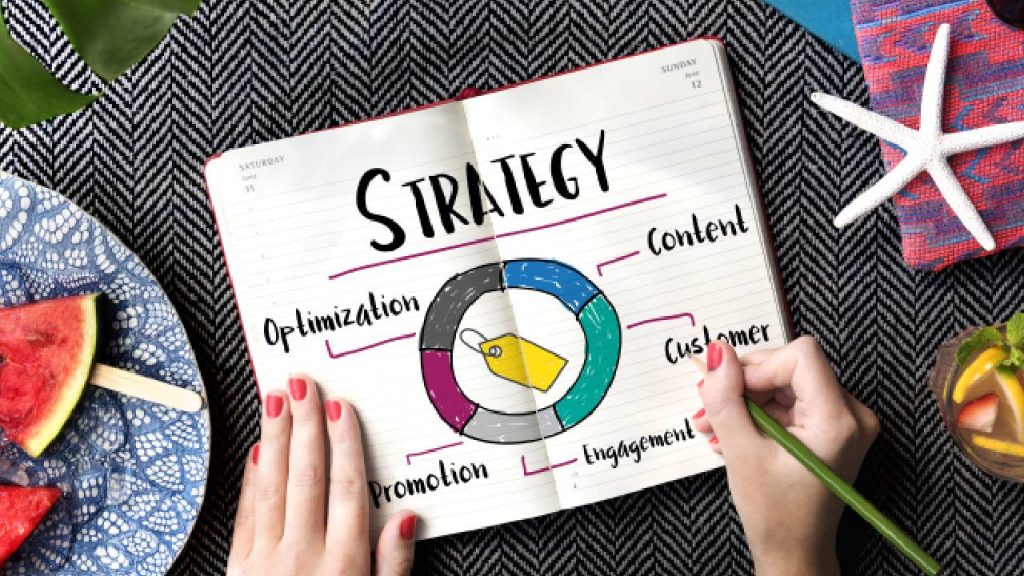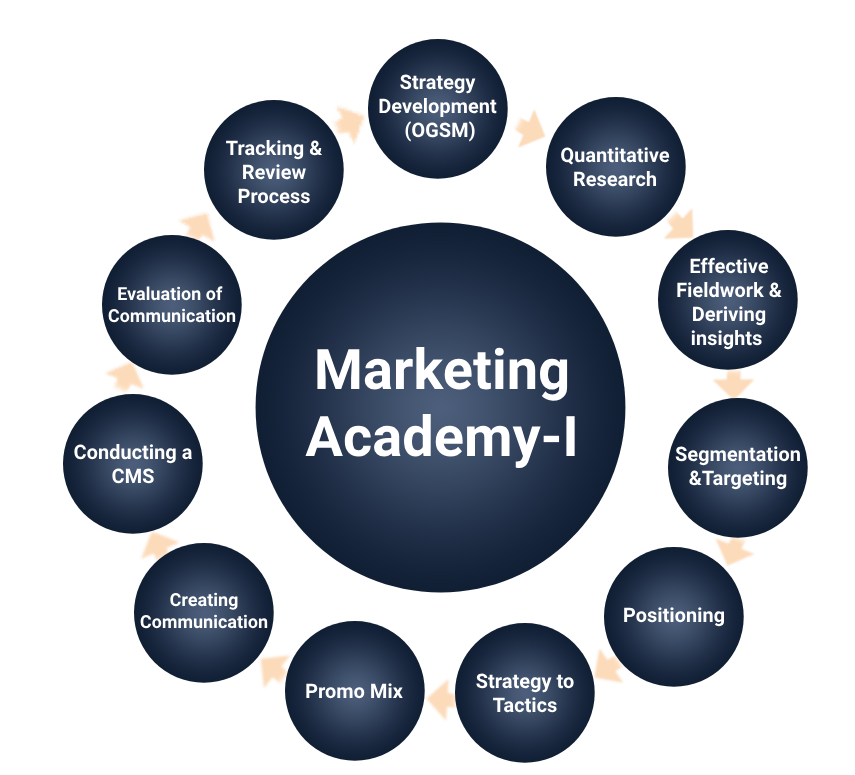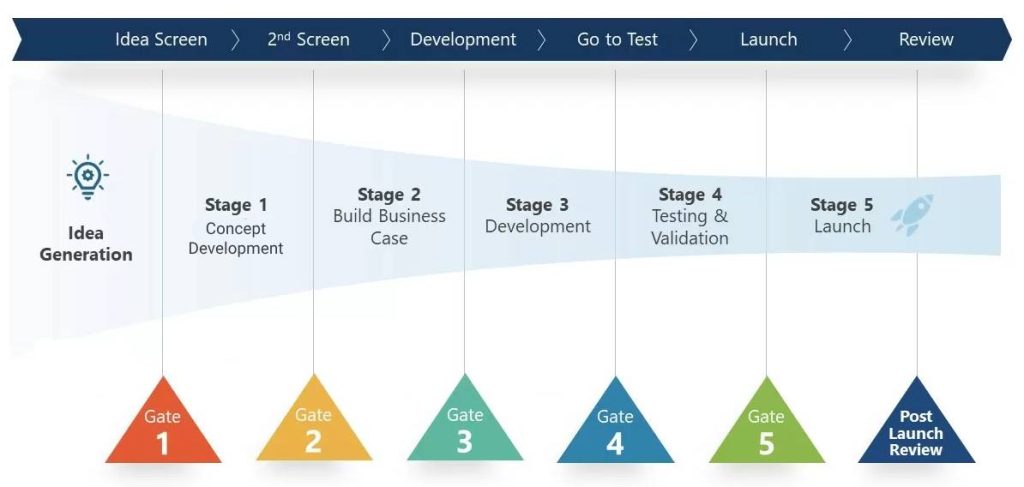Marketing Academy
Brand Management


Brand Positioning
Establishing a robust and defensible brand positioning is a make-or-break proposition. Yet many companies view their brand initiatives only in terms of communication or fail to link their branding efforts to the overall business strategy effectively We work with clients to define, differentiate, and position brands to maximize customer relevance and competitive differentiation. We then identify brand action plans, including communication objectives, strategies, and plans, delivered across the customer journey to improve brand appeal and differentiation.

Brand Extension
Brand extension is a means for companies to enter new categories with existing brands. It is based on the belief that brands are valuable assets that can and should be trategically and selectively extended Rather than build a brand from scratch, stretch existing ones to new categories. This provides economic leverage, increasing the chance of new business success while also reducing costs. Countless examples exist where brands have effectively extended into new product categories. When done right, it’s a win-win. Successful brand extensions build upon the equity of the parent brand and the entire portfolio benefits.
When done effectively, brand extension should allow an organization to:
Further strengthen and build the brand franchise through line extensions
Enhance the chance of success of new business development
Reduce the cost of new business development

Brand Naming
A strong brand name is imperative in today’s environment of fragmented media and fleeting messages. Names must work harder than ever to break through the clutter and set the brand up for market success. Our name process goes beyond creativity. It’s rooted in brand evelopment best practices. We ensure that your brand name is built upon a strong brand positioning foundation and fits within a broader brand architecture structure to grow as your company grows.

Brand Strategy
A brand is one of the few things a company can own forever, so it pays to be intentional and actively manage it. After years of helping clients build strong brands, we’ve narrowed in on four high-leverage brand strategy concepts: brand positioning, brand-customer experience, brand architecture, and brand extension.
Do these four things well, and you’ll establish a strong foundation for downstream marketing efforts. Tyche’s market-driven approach balances business judgment and experience with qualitative and quantitative brand research, such as segmentation, attitudes & usage, conjoint analysis, and other methods.
In addition, we understand marketing cost drivers (e.g., brand proliferation, overuse of downstream marketing tactics) and employ discipline, analytics, and planning to lower costs and improve ROI

Marketing Academy Workshop
2 days training programme for your marketing team to create the culture of “One process, one language” There is tried and tested approach that many successful organisations have followed to achieve their goal and become successful. Our business experts who have worked with such big and successful companies are here to help you understand this comprehensive marketing approach. Starting from Strategy development till the final stage of execution and review, this training session will bring efficacy and efficiency in your marketing efforts Book this session with us if you want your marketing and brand managers to work in more organised and focused way and become more productive and result oriented
New Product Development
Delivering innovative products can help you gain a competitive advantage, but maintaining that advantage requires continuously delivering new products that keep pace with your customers’ evolving needs. New product development is the key to building and keeping market share and customer loyalty.
We help organisations in formulating and establishing an end New Product Development (NPD) Process using Stage-Gate process,

Exploring the Stage-Gate Process
Stage-Gate process is a structured approach to managing complex projects. It offers a clear roadmap from project inception to launch, dividing a project into stages with gate reviews at each phase end.
The Importance of Stage-Gate
In the innovation-driven business world, the Stage-Gate process is vital. It offers a systematic approach to handling new product development (NPD) complexities, controlling, and managing risks.
Achieving Key Goals with Stage-Gate
Boosting Profitability
Speeding up market time and improving project cycles, as evidenced by Stage-Gate International's findings.
Strategic Alignment
Ensuring that the right projects are undertaken to optimise the NPD pipeline.
Reducing Errors
Establishing clear deliverables and criteria to minimise risks and resource wastage.
Enhancing Communication
Promoting cross-functional collaboration and driving cultural change in organisations
Implementing Stage-Gate Successfully
We implement the Stage-Gate process by understanding its stages, customisation, and gate reviews based on industry and business type. The flexibility of Stage-Gate allows for tailoring to specific project needs. Organisations can opt for a simpler version for smaller projects or follow the traditional five-phase model for larger initiatives, balancing detail with project needs
Stages of the Stage-Gate Process
Ideation
Brainstorming and identifying potential projects.
Scoping/Concept development
Conducting preliminary research to assess feasibility and value.
Business Case and Planning
Developing a robust case and detailed project plan.
Prototype Development
Shaping the project or product with cross-functional teams.
Testing and Validation
Conducting comprehensive testing to ensure customer satisfaction.
Launch and Marketing
Executing the product launch and evaluating post-launch success.
Gate Reviews: Key Checkpoints
Gate reviews are essential, providing quality assessments, monitoring scope changes, facilitating stakeholder engagement, and decision-making. They act as checkpoints for project progression.
Best Practices in
Stage-Gate Implementation
Ready to grow faster? Secure organization's future
Elevate to “The Tyche Way” today.